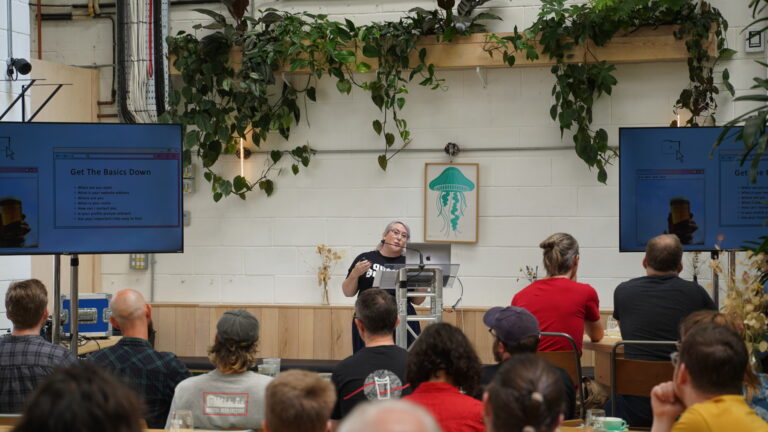In this article Daniel Finn, brewery lead at Brabners LLP, takes a look at some of the tax changes enacted by the budget delivered on 30 October 2024, those on the horizon for 2025 and specifically, how they would affect an owner looking to sell their business.
Capital Gains Tax
As anticipated, the Autumn Budget saw an increase in capital gains tax (CGT) rates, being the tax payable when an individual sells shares in a trading company.
Effective from 30th October 2024, the lower rate of CGT has been increased from 10% to 18% and the higher rate has been increased from 20% to 24%. There had previously been commentary around CGT rates potentially being aligned with income tax rates, nearer the 40% mark, so whilst the CGT hike might come as an unpleasant shock to shareholders, there is also some relief across the market that the increases were measured.
Whilst the increased tax bill at the end of a sale might dissuade some owners from selling their business, it is important to note that relief is still available for those who qualify (as detailed below).
Business Asset Disposal Relief
Unlike CGT which increased with immediate effect, business asset disposal relief (BADR) remains unchanged until 6 April 2025. BADR is available to individuals selling shares provided for the two years prior to the date of sale they:
- held at least 5% of the ordinary shares in the company, allowing them to exercise at least 5% of the voting rights; and
- held an entitlement to at least 5% of either:
- distributable profits and assets on any winding up of the business; or
- the proceeds of sale if the company were sold.
Selling shareholders who qualify for BADR currently pay a lower rate of 10% on the first £1M of gains made on the sale of their shares and that £1M represents a lifetime limit per individual which can be split over multiple share sales, including in different businesses, provided the conditions are met on each occasion.
However, for disposals made on or after 6 April 2025 the rate of CGT payable when an individual qualifies for BADR will increase to 14% and will increase again to 18% for disposals made on or after 6 April 2026.
The fact that BADR is still available, and that rates are increasing incrementally, may provide some peace of mind for prospective sellers. However, it is important for any sellers considering an exit in the short to medium term to plan ahead, ideally looking to time any disposal such that they maximise reliefs available.
Employee Ownership Trusts
Whilst a number of UK breweries already exhibited some form of employee ownership, West based out of Glasgow for example, Abbeydale Brewery was possibly the first to make the move to the employee ownership trust model when the business was sold in October 2024.
For those new to employee ownership, a majority shareholding is sold to the trustee of an employee ownership trust, which is established for the benefit of all the employees of the business. This is a form of indirect ownership, meaning the employees don’t actually hold shares in their own names.
As the majority shareholder, the trustee has a responsibility to ensure that the business is supportive of a culture of employee ownership. However, the board of directors of the trading company retains responsibility for the day-to-day running of the business.
The business owners will achieve a market-value exit from the business, in the same way as if a trade sale had been undertaken, but significantly there will be no CGT payable on the disposal, so this remains the pinnacle of tax efficiency in terms of selling a business.
Alcohol Duty and National Insurance Changes
Whilst the CGT changes affect shareholders across all industries, the budget also brought in some changes specific to breweries and other businesses with licenced premises.
Off-trade alcohol duty was kept in line with RPI inflation and Draught Relief was increased by 1.7% which will hopefully help narrow the gap in price between alcohol purchased in pubs, bars and taprooms and alcohol purchased in supermarkets.
However, the 1.2% increase to employer’s National Insurance contributions and the increases to the national minimum wage will be keenly felt in the hospitality sector and are sadly expected to cause significant problems for many businesses.
Conclusion
Despite the changes to CGT and BADR, there still remain clear tax advantages to selling shares in a business rather than extracting value by other means, such as dividends or salary. That said, these tax savings can be maximised with forward planning and proper professional advice.








